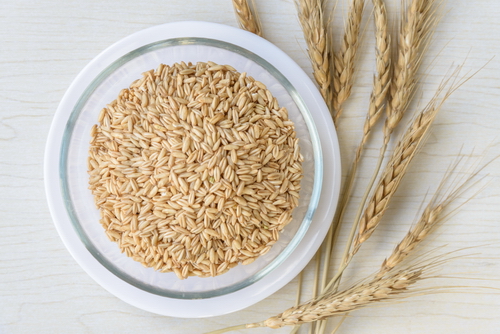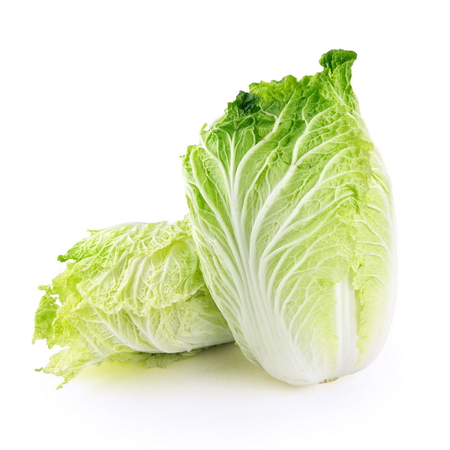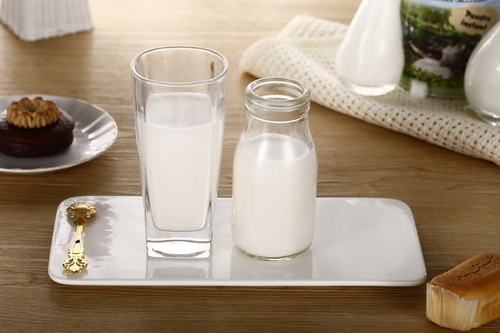Healthy diet
Men eat those foods more masculine
Twenty years ago, the U.S. Department of Agriculture began building a daily food pyramid based on the & ldquo; American dietary guidelines & rdquo. In early 2011, a new version of the food pyramid was launched, correcting some of the past omissions. Healthy eating pyramid is based on daily exercise and weight control, because these two factors are very important for people to keep healthy. They also affect what and how people eat, and how food affects their health. Let’s look up from the base of the healthy diet pyramid.
1. Whole wheat food
The body needs carbohydrates to provide energy. The best source of carbohydrates is whole wheat, such as oatmeal, whole wheat bread and black rice (brown rice). They contain bran and germ, as well as energy rich starch. It takes longer for the body to digest whole wheat than direct carbohydrates such as white bread, which will keep the blood sugar and insulin at a reasonable level and will soon drop. Good control of blood glucose and insulin level can reduce the hunger of human body and prevent the occurrence of type II diabetes.

2. Vegetable oil
On average, Americans get one-third of their daily calories from fat, so it makes sense to put them at the bottom of the pyramid. Note that vegetable oil is specifically indicated here, not all fats. Healthy unsaturated fats come from olives, soybeans, corn, sunflowers, peanuts and other vegetable oils, as well as fatty fish such as salmon. These healthy fats not only improve the cholesterol level of human body, but also effectively prevent potential sudden cardiac death and myocardial infarction.
3. Vegetables (large quantity) and fruits (2-3 times a day)
Eating more vegetables and fruits can effectively prevent the occurrence of heart disease and angina pectoris; prevent all kinds of cancer; reduce blood pressure; reduce intestinal diseases called diverticulitis; prevent cataracts and glaucoma.

4. Fish, poultry and eggs (1-2 times a day)
This is the main source of protein. A large number of studies have shown that eating fish can reduce the risk of heart disease. Chicken and Turkey are low in saturated fat and are good sources of protein. Eggs are a food that has been demonized for a long time because its cholesterol content is relatively high, but in fact, eggs are a good breakfast, which is much better than doughnuts or doughnuts.
5. Nuts and shelled beans (1-3 times a day)
Nuts and shelled beans are the best sources of plant protein, plant fiber, vitamins and minerals. Shell beans include black beans, broad beans, green beans and other dry goods. Many nuts are rich in healthy fats, such as almonds, walnuts, walnuts, peanuts, hazelnuts, pine nuts, etc.
6. Dairy products and substitute calcium (1-2 times a day)
In order to prevent osteoporosis, calcium and vitamin D should be taken. Dairy products are a traditional source of calcium for Americans. In addition to saturated fats such as milk and cheese, there are other healthy ways to get calcium. For example, three cups of whole milk is equivalent to the saturated fat contained in 13 small strips of cooked bacon. If you like dairy products, stick to skimming or low-fat products. If you don’t like dairy products, substituting calcium food is the guarantee of daily calcium demand.

7. Red meat and cream (use with care)
These foods are placed at the top of the healthy eating pyramid because they are rich in saturated fat. If you eat red meat every day, such as beef and mutton, and try fish or chicken several times a week, you can improve your cholesterol level. Similarly, you can change cream into olive oil.

8. Multivitamins
Daily multi vitamins and multi mineral supplements are the nutrition reserve of human body. Sometimes the food we eat every day can’t provide all the nutrients our body needs. At this time, multi vitamins can fill the nutritional gap for even the most cautious eaters.
9. Alcohol (moderate)
Drink a little alcohol every day to reduce the risk of heart disease. Moderate amount is very important. Alcohol is a double-edged sword. The harm and benefit are the same. For men, the balance point is to drink 1-2 cups a day, not draft beer.


